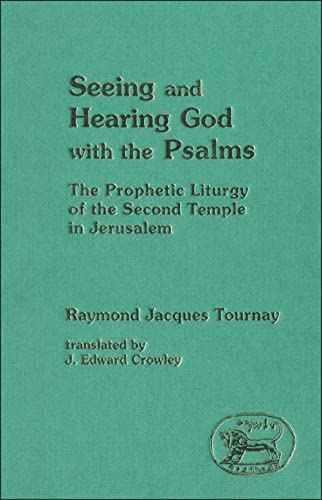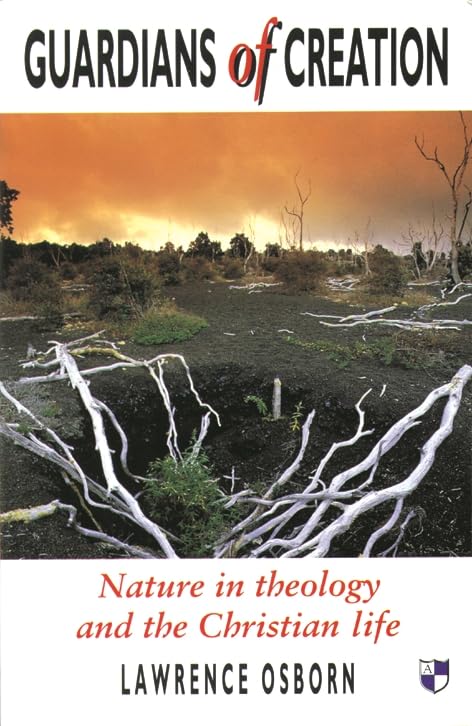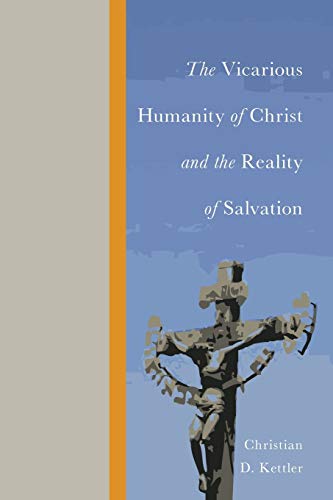Bridge-Building: Effective Christian Apologetics
Written by Alister McGrath Reviewed By Lawrence OsbornMcGrath’s approach to apologetics is neatly summarized by the titles of the book’s two main sections: ‘Creating openings for Faith’ and ‘Overcoming barriers to Faith’. As they suggest, he wants to get apologetics out of the seminar room and into the minds of Christian evangelists.
In its emphases the first section reflects the balance between theology and practice which McGrath argues should inform our apologetic strategies. The introductory theological chapter questions the approach popularized in this century by the American theologian Cornelius van Til. McGrath favours the more traditional Reformed view that there is a general revelation in the world which provides the apologist with a point of contact. This is followed by a chapter surveying a variety of potential starting-points for commending the gospel to those who have not yet heard it, e.g. rationality, the ordering of the world, a sense of anxiety, our awareness of mortality. The concluding chapter in this section explores the concept of Christian faith and, in so doing, indicates the limitations of apologetics.
McGrath’s approach is sensible and straightforward. But I am left with one query at this stage. If this is apologetics, what is evangelism? The impression could be created by these chapters that apologetics is evangelism for intellectuals! Certainly much of what he says in chs. 2 and 3 could equally be said of evangelism.
In Part 2 McGrath continues to insist that he wants to move away from an idea-centred apologetics to a more person-centred approach. This comes across most clearly in the initial chapter on identifying barriers to faith. In addition to intellectual barriers, he identifies a number of other difficulties, including a sense of guilt, existing commitments, the need for certainty, the loss of a social climate in which Christianity is plausible, and the sinfulness of Christians. However, in the subsequent chapters on intellectual barriers and rival world-views he appears to have succumbed to the attractions of the more traditional approach.
As it happens, these two chapters are also the weakest chapters in the book. This is largely due to lack of space. McGrath attempts to discuss in 100 pages no less than six intellectual difficulties facing Christian belief and six rival world-views! One might well devote 100 pages to each of these topics and still not get past the introductory stage. He certainly rises to the challenge. I was particularly impressed by his succinct and helpful discussions of suffering, religious pluralism, and sin and salvation (including why Christians continue to sin). However, it is an impossible challenge. No one person could be expected to have the kind of sympathetic understanding of so many different world-views which would be required to produce fair and accurate summaries of them all. To take just one example, his treatment of the New Age is superficial to the point of being a vicious caricature: New Agers are portrayed as simple and unsophisticated, totally irrational (and yet sceptical!) self-worshippers. He regards the New Age as a particularly tough challenge for Christian apologists. I’m not surprised. In order to communicate the gospel effectively within a rival world-view you have to indwell that world-view sufficiently to understand its power of attraction. I have real doubts about the value of this chapter on rival world-views. Surely the potential readers of this book would have been better served at this point by an annotated bibliography pointing them to resources which would challenge their prejudices and inform them about their intended audiences.
That brings me to the final chapter and a question about the intended readership. By way of conclusion, McGrath offers his readers some practical advice on how to get apologetics out of the seminar room and into the world. We are given a couple of pages on apologetics as dialogue but the bulk of the chapter seems to take for granted that the reader will be applying this material from pulpit or podium. We are told that apologetics is vital for all engaged in Christian ministry. But the actual content suggests a certain (typically Anglican?) tunnel vision about what constitutes Christian ministry.
In spite of my doubts about the concluding chapters, I find myself in basic agreement with McGrath’s approach. He has given us a very helpful book which, I believe, will prove to be of lasting value for those preparing for ‘professional’ Christian ministry.
Lawrence Osborn
Coordinator of ‘The Gospel and our Culture’, Surrey







